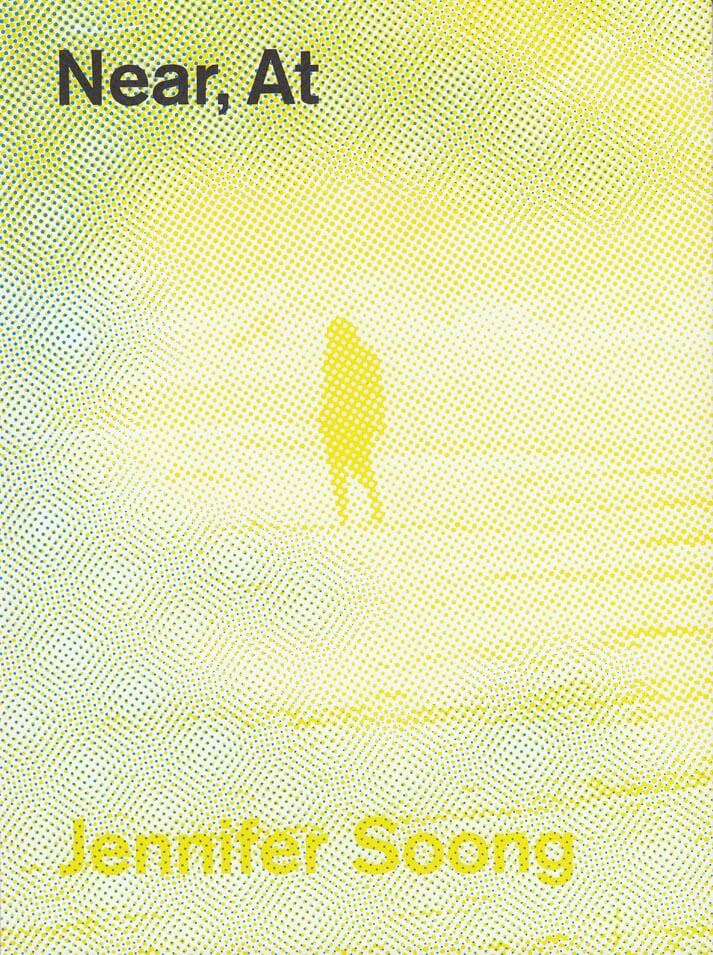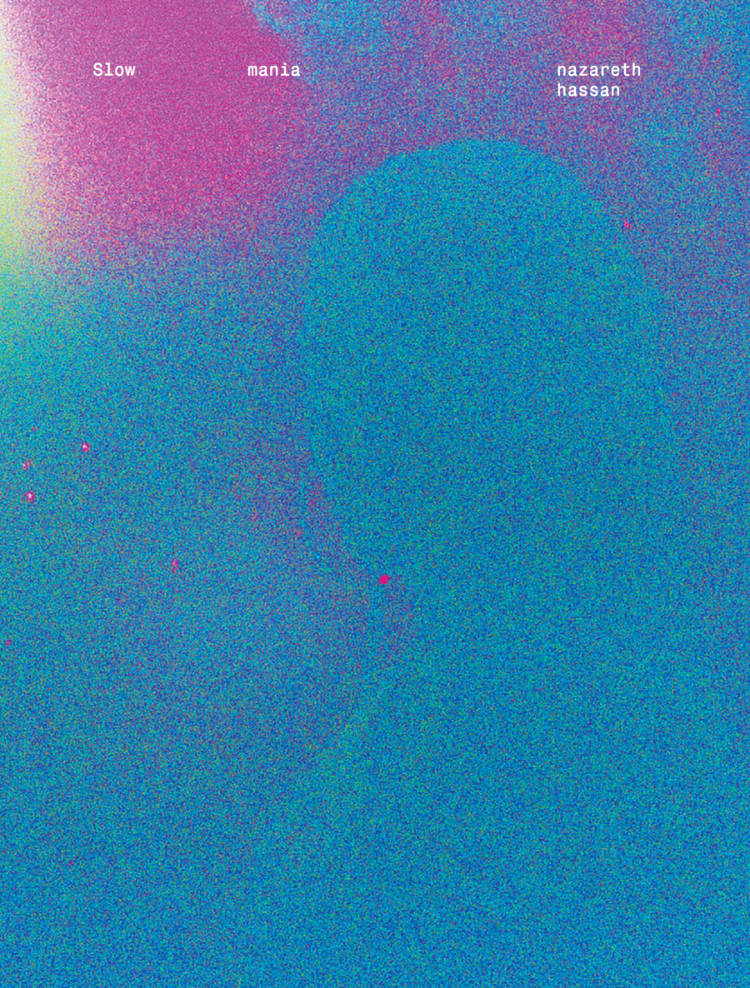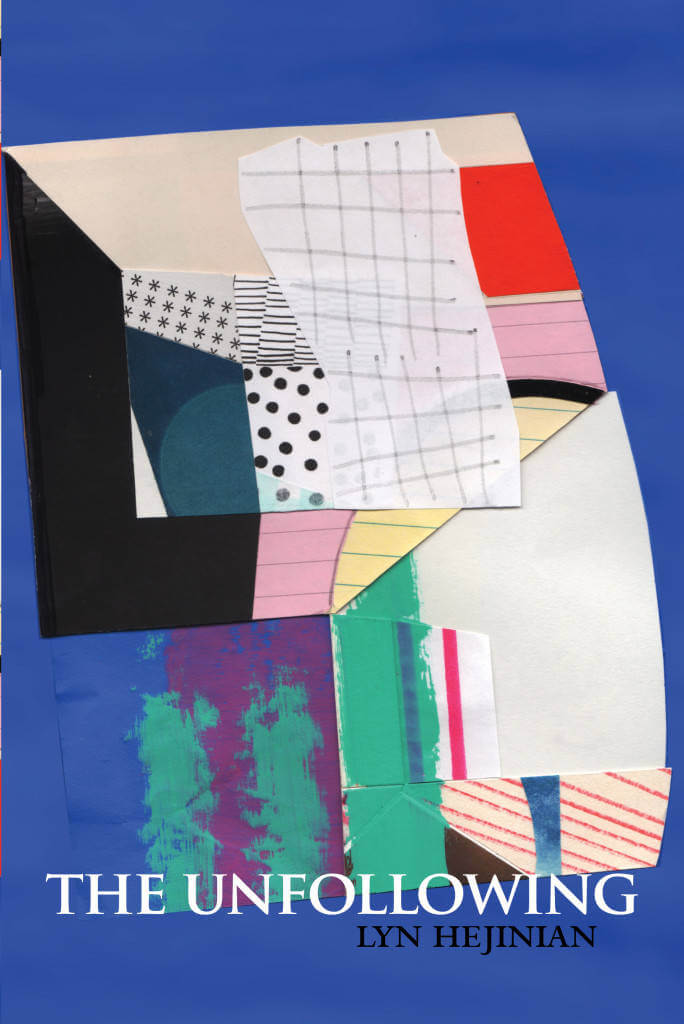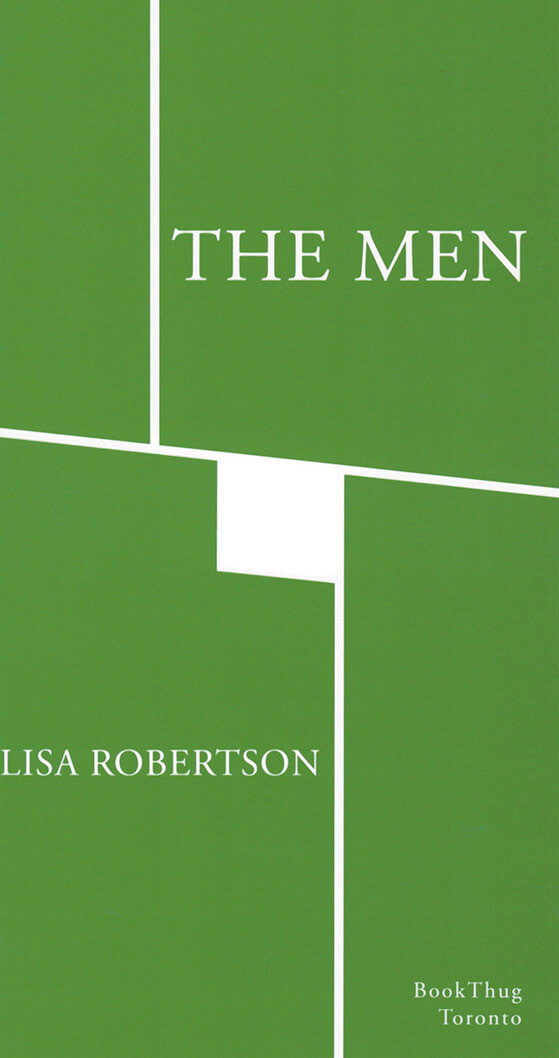
Near, At
Near, At follows the inherent strangeness of one’s consciousness as it observes and comes into contact with the physical world. A sustained exploration of language, capitalism, gender, and nature, Near, At traverses and measures the movement of silence against the movement of thought and its pauses. Divided into five parts, each with its own form, and followed by a series of ongoing love poems called MY CHRISTOPHER POEMS, this debut collection is slow to assume but quick to adjust. Rooted in both the traditional and the experimental, it asks just how little of ourselves we can be.
"Jennifer Soong’s collection displays her nuanced understanding of how the philosophical-treatise-as-poem can birth an emotional and embodied intelligence, placing her in a line of affinity with contemporary writers such as Lyn Hejinian, Lisa Robertson and Anne Boyer. Simultaneously, Soong accomplishes something utterly unexpected in 2019: she casts a harpoon into the New England landscape poem – long linked to the genteel, the male, the WASP – and brings it vibrant and expansive into the twenty-first century. Certain poetry collections are written to be 'of the moment,' but a collection such as Near, At is written to give pace to those moments, with each carefully placed word a further step taken by the poet and reader together. Come near, these poems tell us, and we feel we’ll arrive at exactly the time and place we need to be."
—Mia You
Language: English







